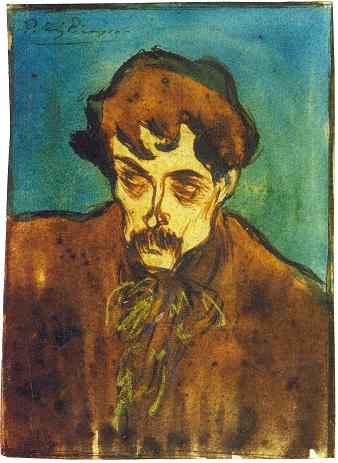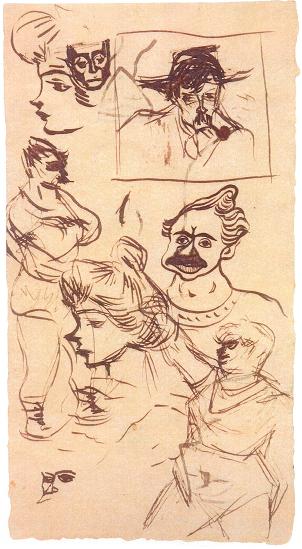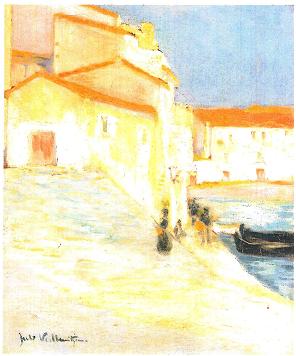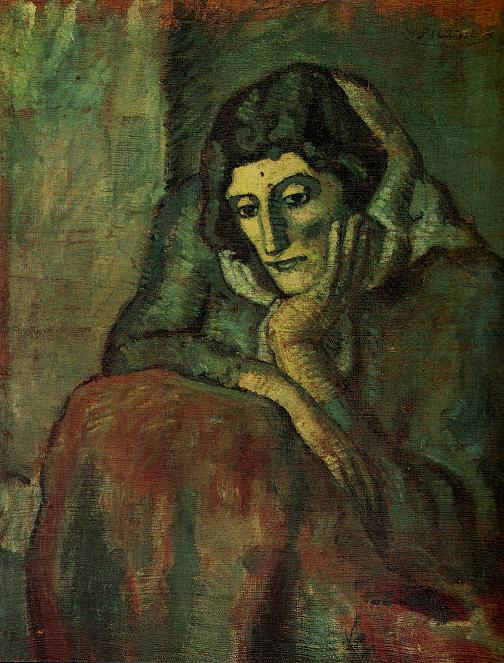Second session of the Reading Club: exploring Picasso’s Barcelona with «La xava»!
The second meeting of The Reading Club consisted of an analysis and comments on La xava, a novel by Juli Vallmitjana set in Barcelona in the 1900s — the Modernista Barcelona of the two Universal Exhibitions and the cultural ferment of the Quatre Gats, where Vallmitjana, by then something of a public figure, regularly saw the young Picasso.
Portrait of Vallmitjana by Picasso | Sketch for the portrait, from the Collection (MPB 110.305)
The reading was very rich: we talked about the representation of the city, the female protagonist, the novel as a rite of passage (from Vallmitjana as a failed painter to Vallmitjana as a writer who found a language of his own), the wealthy Catalan who records and at times invents, the writer’s painterly eye, the persistence of certain words and places from the time and the Raval today, because the novel is set in and around Montjuïc, Drassanes and Portal de Santa Madrona.
Seascape by Juli Vallmitjana. Oil on canvas | Blue Woman by Picasso. Oil on canvas, 1902. The Museum’s curator Eduard Vallès relates the Picasso painting to the following paragraph on page 277:
‘It was drizzling and there were not many people in the street, and the few there were hurried along, as if afraid that the rain would dissolve their clothes, but the girl did not move from the doorstep, shivering with cold and hunger, in such a bad way that, resting her elbow on her legs, she supported her head with her hand because she had lost the strength to hold it up.’
This book has served as a bridge between the literary naturalism of the first session and the next reading, La felicitat, by Lluís-Anton Baulenas, which recreates the same period, but from a contemporary perspective. The author will be with us in person to talk about it. Jordi Carrión As Jordi says, one of the topics we discussed at the session was how some of the slang words that appear in the novel are still used today, such as pasma or tasca. Did you notice any others? For those of you who were unable to attend the session on 3 February, we invite you to follow the Club via the blog, and if you have any questions or comments you’d like to send Lluís-Anton Baulenas, we’ll pass them on and post up his responses.





